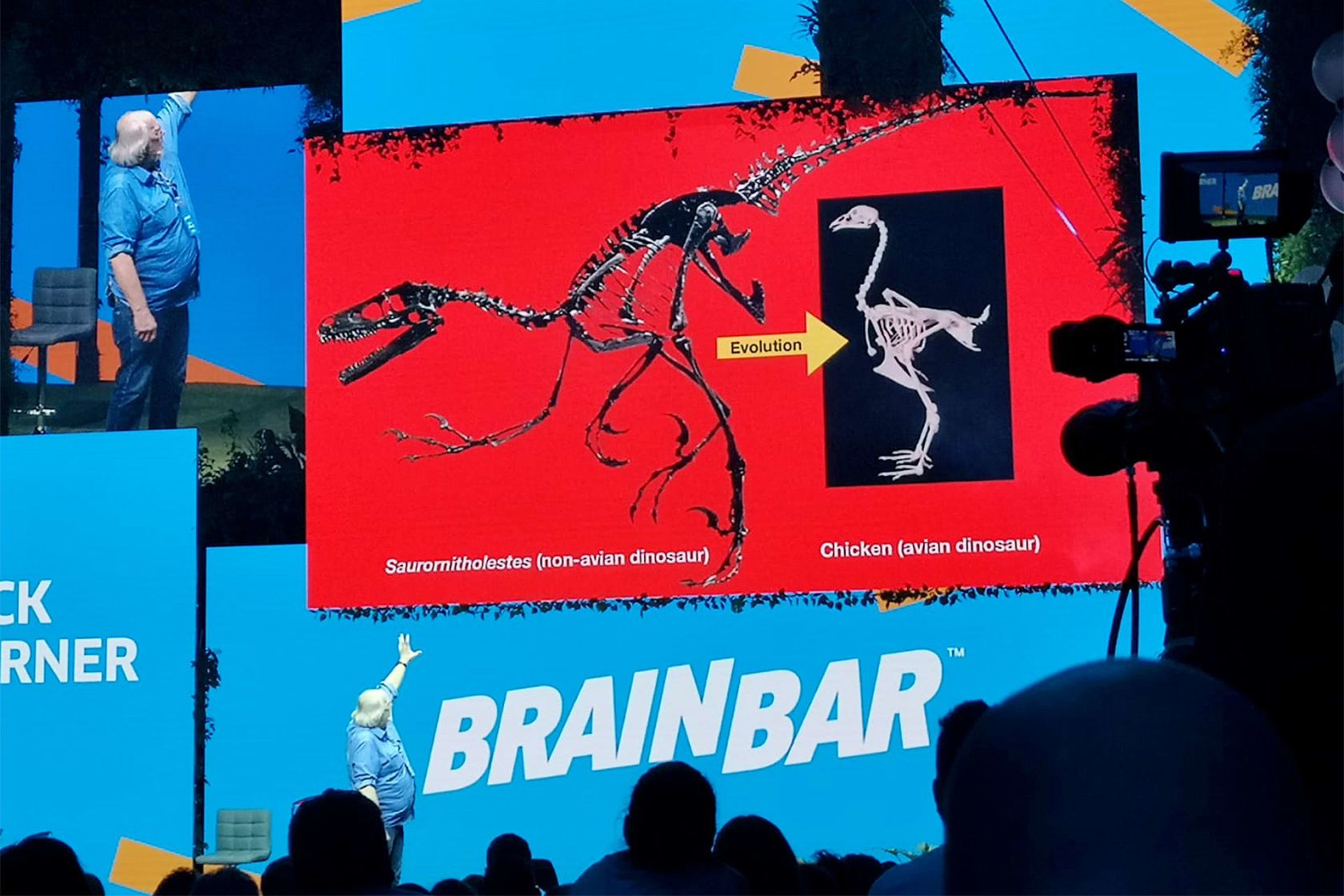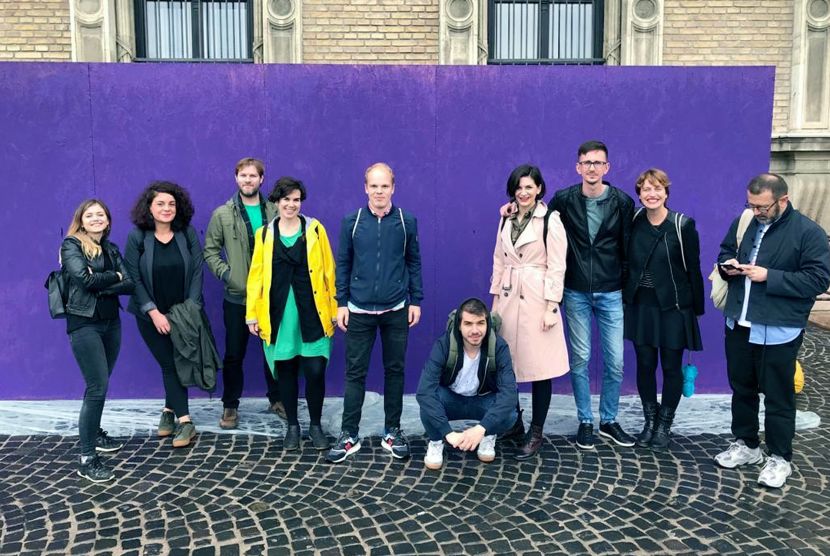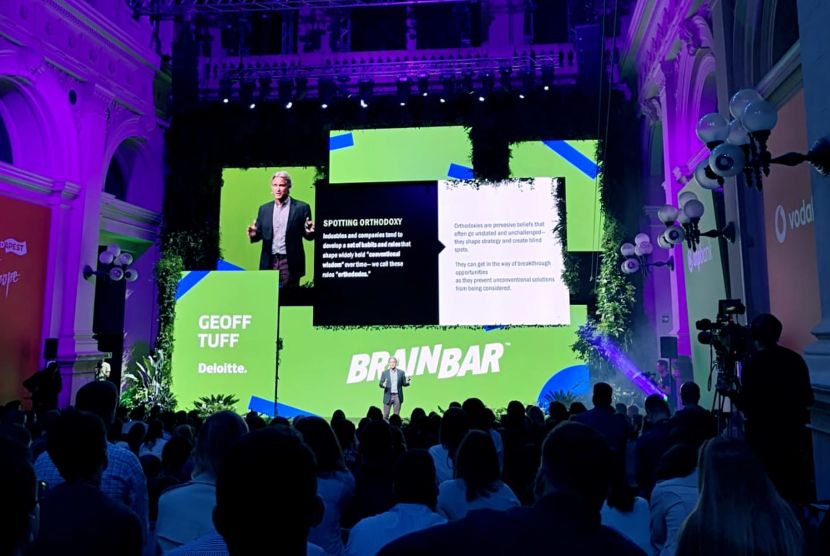
Late last week, we attended the Brain Bar, a festival of ideas and technology in Budapest, Hungary. This year’s edition of the event has only been the fourth one so far; however, even though it has been taking place for a relatively short period of time, the festival has grown to the point that it now attracts globally relevant speakers and panelists.
For instance, this year, the lecture that sparked the greatest interest was delivered by the Canadian university professor and clinical psychologist Jordan Peterson, who is likely the best known and certainly the most polarizing intellectual of today. We used his lecture as an occasion to walk around Budapest’s famous market; however, over the course of our two-day stay there we attended and sometimes even fiercely debated a dozen other lectures and discussions.

One of the most impressive lectures was delivered by Cesar Hidalgo, a Chilean physicist and Associate Professor at MIT. Hidalgo gave an interesting and substantial lecture on the perception of ethics in AI, using statistical models and different scenarios. In short, Hidalgo wondered if human ethics was applicable to AI. Or, more concretely, who was to blame for a traffic accident, the human or their autonomous vehicle.
One of our favorite lectures was the lecture delivered by Jack Horner, the legendary paleontologist who is perhaps best described as the living version of Dr. Grant from Jurassic Park (in fact, Dr. Grant’s character was in part based on Horner). The point of his really fascinating and seriously funny lecture was that T-Rex was not so different from an ordinary chicken, but also that Jurassic Park might not be science fiction for long now as the world might soon see real-life dinosaurs walking around thanks to genetic engineering.

The lecture that we discussed amongst ourselves the longest was given by Tiffany Shlain, an American filmmaker, author, and founder of the Webby Awards. In her lecture, titled Facebook and Depression, she talked about screen addiction, our constant need to be engaged and stimulated, and the fact that it was good for our health to switch off every now and then.
Some time later, in one of Budapest’s bars, we debated fiercely and at length on a number of related issues. Is screen addiction a serious problem or is it just cheap moral panic? Has it affected only our generation and will the new generations be smarter about it? At what point do the harmful aspects of the new technologies outweigh their benefits?
We would also like to mention a lecture by David Zilber, head of fermentation at the world renowned Noma. Zilber talked about using fermentation to create new tastes for one of the world’s top restaurants. There was also the lecture given by Suhani Jalote, activist and social entrepreneur, which at times was gut-wrenching and moving as she spoke about her efforts to improve the lives of women living in the slums of Mumbai, as well as the lecture by Geoff Tuff, who spoke about why big corporations needed the minds of beginners.

Finally, on our trip to Budapest we also learned things that were not directly connected to the festival, including the following:
- That it would be smart to get a university degree, especially if you only have your graduation thesis to complete
- That Jason Momoa has quite an efficient security team
- That parliament buildings can sometimes seem like truly romantic places.

